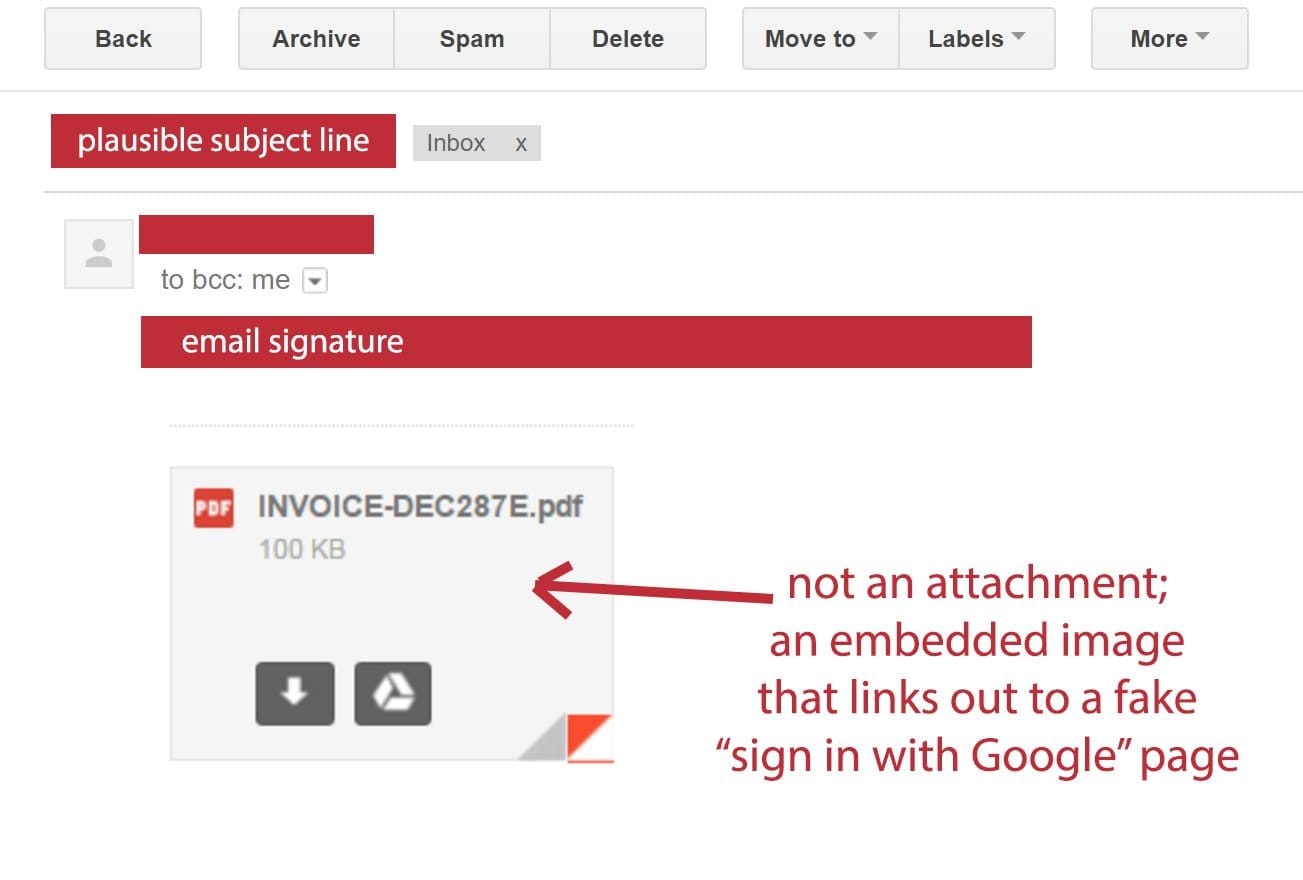In recent months, a string of cyberattacks against various sectors in the United States has been attributed to state-sponsored hackers from China. These incidents have sparked significant concern among government officials, cybersecurity experts, and the general public regarding the vulnerability of critical infrastructure and sensitive data. The attacks have targeted a wide range of entities, including government agencies, private corporations, and educational institutions, highlighting the expansive nature of the threat.
The U.S. government has officially linked these cyber intrusions to China, indicating a pattern of behavior that suggests a coordinated effort to gather intelligence and potentially disrupt operations. The attacks have involved sophisticated techniques, including phishing, malware deployment, and exploitation of software vulnerabilities. Such methods have allowed hackers to gain unauthorized access to sensitive information, which could be used for espionage or other malicious purposes.
One of the most notable incidents occurred when hackers targeted the Microsoft Exchange email server, affecting thousands of organizations worldwide. This attack, attributed to a group known as Hafnium, demonstrated the potential for widespread disruption and the far-reaching consequences of cyber vulnerabilities. Following this incident, the U.S. government issued a series of warnings and advisories aimed at enhancing cybersecurity measures across both public and private sectors.
The implications of these cyberattacks extend beyond immediate security concerns. The relationship between the United States and China has been strained in recent years, with trade disputes, geopolitical tensions, and military posturing contributing to an increasingly adversarial dynamic. Cybersecurity incidents attributed to state-sponsored actors only serve to exacerbate these tensions. The U.S. has responded to these attacks with diplomatic measures, including sanctions against Chinese entities believed to be involved in cyber espionage.
In response to the ongoing threat, U.S. officials are advocating for a more robust cybersecurity framework. This includes increased investment in cybersecurity infrastructure, enhanced collaboration between government and private sectors, and improved information sharing regarding threats and vulnerabilities. Experts emphasize the importance of proactive measures, such as regular security assessments and employee training, to mitigate the risks posed by cyberattacks.
As the U.S. navigates this complex landscape, it is essential to recognize the evolving nature of cyber threats. Attackers are becoming increasingly sophisticated, employing advanced techniques to bypass traditional security measures. Consequently, organizations must adopt a more comprehensive approach to cybersecurity, incorporating advanced technologies such as artificial intelligence and machine learning to detect and respond to threats in real time.
The international community is also grappling with the implications of state-sponsored cyberattacks. Nations are beginning to recognize the need for collective action to address these challenges. Efforts to establish norms for responsible behavior in cyberspace are underway, with discussions focusing on accountability for state-sponsored cyber activities. However, achieving consensus on these issues remains a complex task, as countries have differing perspectives on cybersecurity and national sovereignty.
In addition to international cooperation, there is a growing emphasis on public awareness and education regarding cybersecurity. Individuals and organizations alike must be informed about the risks associated with cyber threats and the steps they can take to protect themselves. This includes adopting best practices for online security, such as using strong passwords, enabling two-factor authentication, and being vigilant against phishing attempts.
As the situation continues to evolve, it is crucial for the U.S. to remain vigilant in its cybersecurity efforts. The recent string of cyberattacks attributed to China serves as a reminder of the importance of safeguarding sensitive information and critical infrastructure. By fostering collaboration between government, private sectors, and international partners, the U.S. can strengthen its defenses against future cyber threats.
In conclusion, the series of cyberattacks attributed to Chinese state-sponsored hackers underscores the pressing need for enhanced cybersecurity measures and international cooperation. As the digital landscape continues to evolve, the U.S. must adapt its strategies to address the complexities of modern cyber threats. By prioritizing cybersecurity and fostering collaboration, the U.S. can work towards a more secure future in an increasingly interconnected world.



